What Is Hyperthermia? (Types, Symptoms, Treatment)
In the realm of medical practitioners and healthcare, there exists a specific methodology to address excessive elevation of body temperature called Hyperthermia. It happens when the body gets too much heat and can’t handle it. Join us as we uncover the secrets of Hyperthermia and learn about the simple ways doctors treat it to keep people safe and well.
What Is Hyperthermia?
Let’s dive deeper into what hyperthermia is. Imagine your body as if it were an oven—it can sometimes get too hot, causing issues. That’s hyperthermia. It’s when your body heats up too much, either because it’s too hot outside or you’ve been working out really hard.
Now, you might wonder, what’s the difference between hyperthermia and a regular fever?
Well, a fever usually happens when you’re sick, but hyperthermia causes aren’t from sickness. It’s more about your body having trouble dealing with the heat. Hyperthermia temperature means your body is superheated. It’s like your body’s cooling system is not working properly, making it tough to cool down. If not taken care of, it can get pretty serious. That’s where hyperthermia treatment comes into play.
Doctors have some clever tricks to help cool you down. They might use simple things like cold packs or baths, or they might use more advanced techniques like special fluids or cooling gadgets.
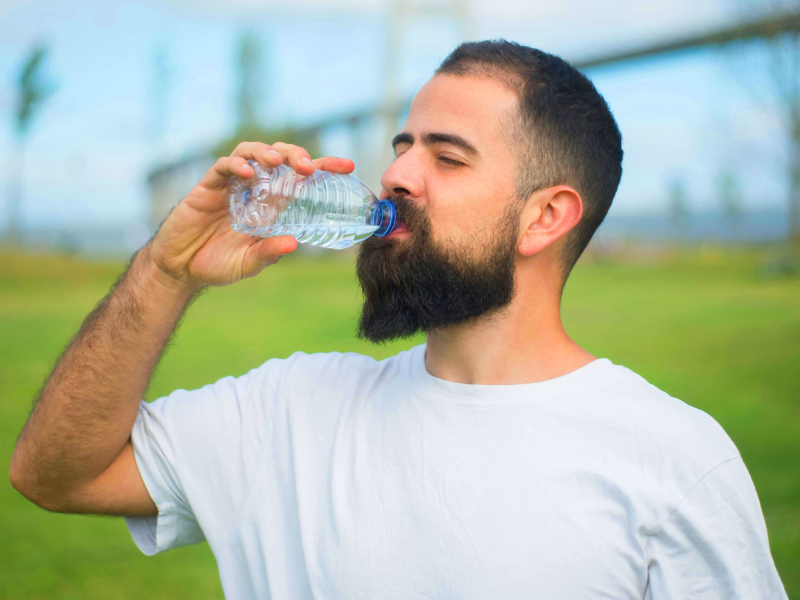
Hyperthermia treatment acts like a superhero, swooping in to save the day and making you feel better when things are too burning to handle. But this is just the beginning. Stay with us as we explore more about how doctors deal with hyperthermia, using all sorts of cool tricks to beat the heat.
Types of Hyperthermia
Hyperthermia comes in different types, each with its own challenges:
Heat Stroke
This is a serious type. It happens when your body gets too hot and can’t cool down. You might feel confused or even pass out. It needs quick Hyperthermia treatment to avoid big problems.
Heat Exhaustion
It’s like a less severe version of heat stroke. You feel dizzy and exhausted after being in hot weather for too long. Cooling down and resting is important to stop it from getting worse.
Heat Cramps
These are like a warning from your body. They happen when you lose too much salt and water from sweating. Your muscles cramp up, telling you to take a break and drink water.
Heat Syncope
Ever felt dizzy when standing up too fast? That’s heat syncope. It’s when you briefly feel dizzy because your body struggles with blood flow when moving from sitting to standing.
Heat Rash
It’s annoying but not dangerous. Heat rash happens when sweat gets stuck in your skin’s pores, causing itchy red bumps. It usually goes away when you cool down and dry off.
Knowing about these types helps you recognize and deal with them better, whether it’s just a rash or a serious case of heat stroke. Stay safe in hot weather by knowing the Hyperthermia symptoms.
Malignant Hyperthermia
Malignant Hyperthermia (MH) is another type of hyperthermia, but it’s a bit different. These peculiar Hyperthermia causes are not hot weather or exercise. Instead, it’s a rare condition that happens during surgery, especially when certain medications are used for anesthesia.
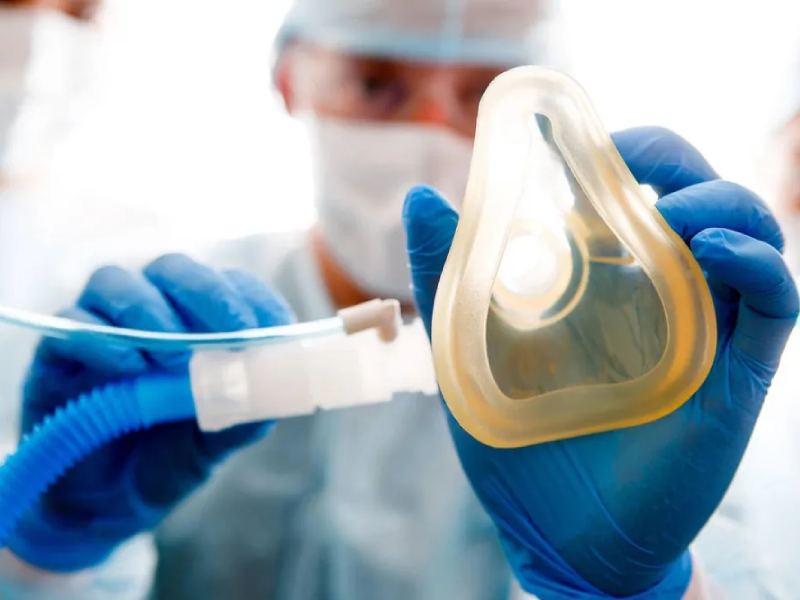
When someone has Malignant Hyperthermia, their body can suddenly get really hot, and their muscles become stiff. It’s very serious and needs quick treatment to avoid problems like damage to organs or even death.
Because it’s unique and happens in specific situations, we often talk about Malignant Hyperthermia separately from other types of hyperthermia. But it’s important for doctors and those at risk to know about it and how to handle it during surgery.
What Are Hyperthermia Symptoms?
Hyperthermia symptoms are the body’s way of signaling that it’s overheating and struggling to regulate temperature. These symptoms can vary depending on the severity of the condition and may include a range of physical and cognitive changes.
Common hyperthermia symptoms include profuse sweating, flushed or red skin, headache, dizziness, nausea, rapid heartbeat, and muscle cramps. As the body’s temperature continues to rise, more serious symptoms may develop, such as confusion, disorientation, fainting, and even loss of consciousness.
It’s essential to recognize these signs early on and take appropriate action to prevent further complications. Ignoring hyperthermia symptoms can lead to heat-related illnesses like heat exhaustion or heat stroke, which can be life-threatening if not treated promptly.
Therefore, staying vigilant and responding promptly to symptoms of hyperthermia can help ensure the safety and well-being of individuals, especially during periods of extreme heat or prolonged physical exertion.
Hyperthermia vs Hypothermia
Hyperthermia and hypothermia represent two extremes of body temperature regulation, each resulting from different environmental and physiological conditions.
Hyperthermia occurs when the body absorbs or generates more heat than it can dissipate, often due to prolonged exposure to hot environments, intense physical activity, or malfunctioning heat-regulating mechanisms.
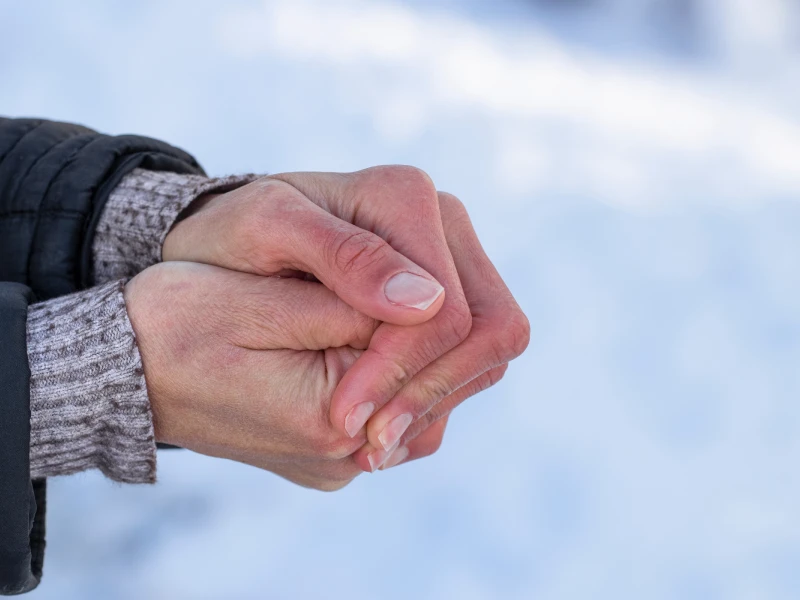
In contrast, hypothermia arises when the body loses heat faster than it can produce it, typically due to cold weather exposure or immersion in cold water. While hyperthermia can lead to heat stroke and dehydration, hypothermia can cause slowed heart rate, confusion, and eventually organ failure.
Both conditions are medical emergencies requiring immediate intervention, but demand opposite treatments—cooling for hyperthermia and warming for hypothermia.
Hyperthermia vs Fever
Although both involve elevated body temperatures, hyperthermia and fever have fundamentally different causes and implications.
Fever is a regulated rise in body temperature initiated by the hypothalamus in response to infection or inflammation; it’s the body’s natural defense mechanism aimed at helping the immune system fight pathogens.
Hyperthermia, on the other hand, is an unregulated increase in body temperature caused by external factors like heat or overexertion, without the hypothalamus resetting the body’s thermal set point.
Unlike fever, which usually responds to antipyretics like acetaminophen, hyperthermia requires physical cooling methods such as hydration, rest, and environmental adjustments to bring the temperature down safely.
Who’s at Risk? What Are Hyperthermia Causes?
Hyperthermia temperatures can affect individuals across various demographics, but certain groups are particularly vulnerable. The elderly, babies, and kids are more at risk because their bodies cannot handle heat as well.
People with health issues like heart problems or diabetes also have a harder time controlling their body temperature, so they’re more likely to get hyperthermia. Workers outside, athletes, and inhabitants in hot places are at risk too, since they’re in the heat a lot. If it’s really humid or there’s no shade, the risk is even higher.
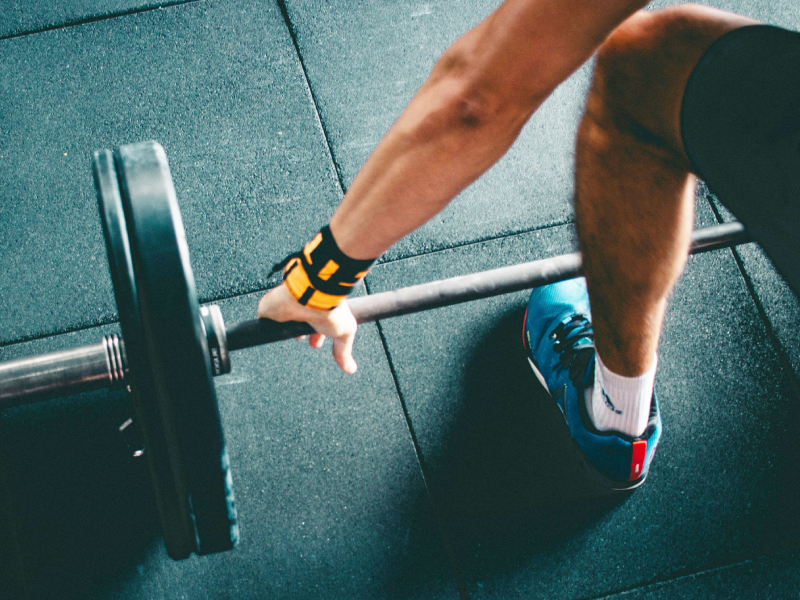
Some medicines or drugs can also mess with your body’s ability to handle heat, making hyperthermia more likely to happen. Knowing these risks and taking steps like drinking water and staying cool can help lower the chance of getting hyperthermia.
HyperthermiaTreatment
When getting a Hyperthermia temperature, it’s important to cool down fast to avoid getting really sick. Here are some ways we can do that:
Cold Packs
Putting something cold on your body, like an ice pack, can help bring your temperature down quickly.
Cool Baths
Taking a bath in cool water or standing under a cold shower can also help cool you down fast.
Using a fan or staying in a cool breeze can help your body cool off by making sweat evaporate faster.
Drinking Water
Drinking cool water or sports drinks helps replace the fluids you lose when you sweat and helps your body cool down.
Fever Medicines
You can take over-the-counter medicines like acetaminophen or ibuprofen to lower your fever and body temperature.
Muscle Relaxers
If your muscles are really tight, your doctor might give you medicine to help them relax and make you feel more comfortable.
IV Fluids
In serious cases of hyperthermia, especially heat stroke, you might need fluids through a vein to help hydrate your body and cool it down.
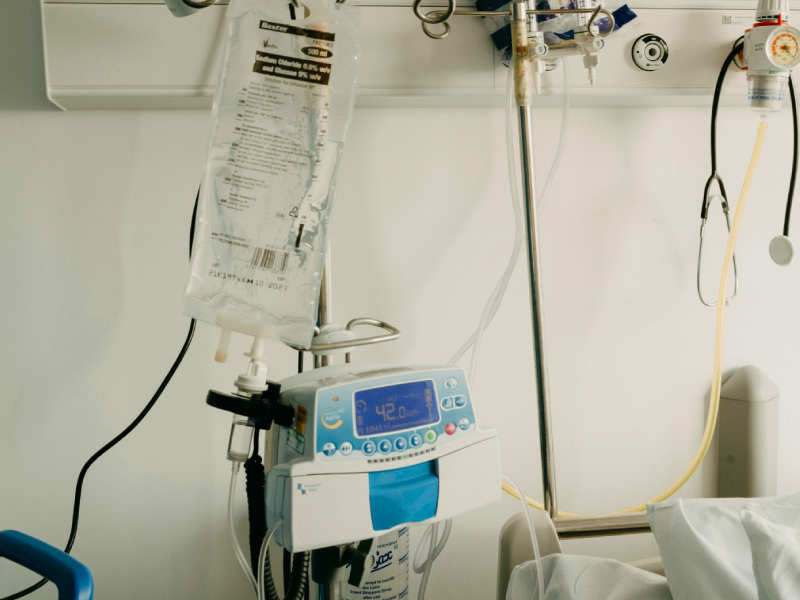
Using these cooling tricks along with the right medicines can be a part of Hyperthermia treatment. But it’s important to keep an eye on how you’re feeling and get help if you’re not getting better. And don’t forget, it’s best to prevent hyperthermia by staying cool and hydrated in the first place.
Conclusion
Hyperthermia is a serious condition that can affect anyone, but with awareness and prompt action, its impact can be minimized. By recognizing the Hyperthermia symptoms, implementing preventive measures, and employing appropriate treatment options, individuals can stay safe in hot weather and during intense physical activity.
Whether it’s using cooling techniques, taking medications, or seeking medical attention when needed, timely intervention is key to preventing complications and promoting recovery. Remember, staying hydrated, staying cool, and knowing when to seek help are essential in managing hyperthermia effectively and ensuring the well-being of ourselves and others.
Are you planning to travel to Iran and looking for an Iran resort? Consider Matinabad Eco-resort.





Leave a Reply
Want to join the discussion?Feel free to contribute!